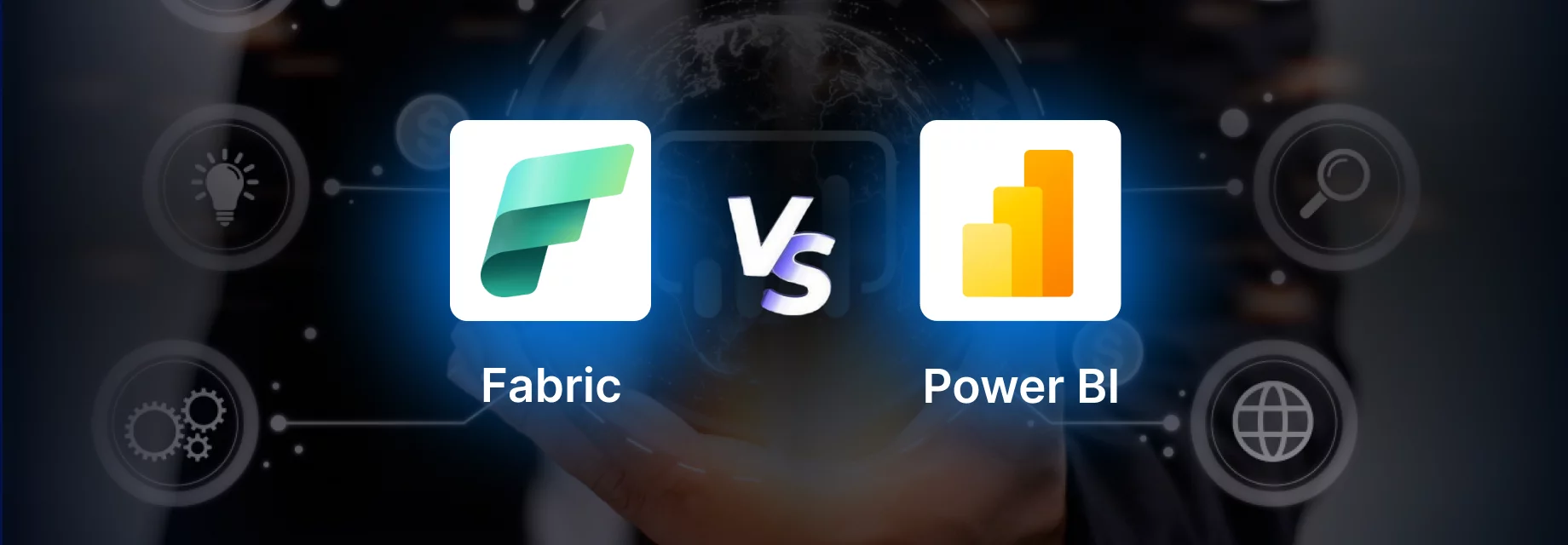Everyone desires successful results in a single try. Similarly- if you want to build an application, you have to make sure that you do it right the first time. It may not be possible for everyone, but you sure can try your hardest. For that, you need your application to have a robust backend created with a set of tools that allow the reduction of development time and streamlining of resources.
Lately, many developers use a combination of technologies to get better and faster results for mobile and web app development. One such technology is the MEAN stack development.
What is MEAN Stack Development?
MEAN stack development comprises of a compendium of Javascript-based technologies used for web application development. It is an acronym for M-MongoDB as a database system, E-ExpressJS as a backend web framework, A-AngularJS as a front-end framework, N-NodeJS as a backend runtime environment. From client to database to server MEAN is a full-stack JavaScript.
Each Component of MEAN Stack- what they are and what do they contribute?
MongoDB
MongoDB is the document database that is used by backend applications to store the data as JavaScript Object Notation JSON documents. Thus the role of MongoDB in MEAN is to store the application’s data. As both the database and application use JavaScript the need for translation is negated when the object goes from application to database or the other way around.
MongoDB is popular for its scalability in storage as well as in performance. It also allows you to add fields in the database without reloading the entire table. MongoDB is cost-effective and can be used to move the client and server-side data.
ExpressJS
Express.JS is a backend web application framework that has a considerably lightweight server. It aids the development process by making use of Node.JS and assists the APIs while developing the needed web applications. Express.JS further merges with Node.JS as the development process gets more straightforward.
Express.JS enables speed, facilitates secure applications and manages the interaction between the front-end and database. It is also noteworthy that with Express.JS you cannot accidentally redefine a variable because it prevents overwriting them- saving you a great deal of time and money.
AngularJS
Angular is one of the most popular web frameworks in use today. In fact, it has become the default choice as a front-end JavaScript framework. It is built and maintained by Google. In MEAN Stack, Angular.JS server is utilized to develop single-page dynamic web apps quickly. Angular JS is an ideal front-end framework largely due to its easy to use templates and superior performance. Plus, you can develop the app simultaneously on both desktop and mobile with Angular.
NodeJS
Node.js is a well-known cross-platform runtime environment used for building highly scalable server-side web applications. This JavaScript runtime built is used for creating server-side JS applications in a hassle-free manner. This framework offers a loaded library of a variety of JavaScript modules to simplify web development method. It is the best way to provide web application scripts an improved integration with the webserver. In MEAN Stack Node.JS acts as the backbone where Express.JS essentially works on top of Node.JS. Moreover, Angular.JS connects with Node.JS seamlessly and therefore this facilitates swift data serving.
Node.JS best selling point, though is its scalability and it can support million concurrent connections.
What are the characteristics of MEAN Stack Development?
The key features of MEAN Stack Development are –
-
Speedy and straightforward
Developing apps/websites that run on a single language such as JavaScript is relatively much easier and faster for development.
-
Active Dev Community
MEAN Stack works on JavaScript, which is the most used programming language around the world. Thus, as expected it also comes with the advantage of one of the most active developer communities- making finding solutions easier and accessible for all parties.
-
MEAN Stack Flexibility
Due to the overall adaptability of MEAN Stack’s programming language, i.e. JavaScript- MEAN Sack is extremely compliant for a broad range of web applications.
What are the benefits of MEAN Stack Development?
MEAN uses a single language
As MEAN Stack uses JavaScript, it means that every technology within it is based on JavaScript. This makes developing the application easier since everything from configuring databases, managing frontend and server-side handling is managed via using JavaScript. Thus, you don’t have to look for other developers with specialized language or server skills.
MEAN is Open Source and Cost-effective
Every technology within MEAN Stack uses JavaScript which is an open-source language. Thus the platform is also open-source. They cost you nothing for downloading and using it. Therefore, the MEAN Stack development companies also don’t charge you license fees.
Plus, compared to LAMP Stack, MEAN requires fewer developers- like for instance with LAMP you will need developers who are skilled in JavaScript, PHP, MySQL.
MEAN is highly flexible
After the development of the app is complete, the developer can easily test it on the cloud. MEAN is highly adaptable because you can a. develop, b. test and c. release the app without any complications. Furthermore, MEAN also facilitates you to add extra data once you have added a field to the form.
MEAN is isomorphic
MEAN allows easy isomorphic coding. With MEAN, developers can easily shift their prepared code from one framework to another. Basically, the codes that are once written in one framework and can be re-used in other frameworks are called isomorphic codes. Plus, this code works perfectly as if written natively. This is one of the greatest benefits of using the MEAN Stack app development.
MEAN is user-friendly and provides excellent UI
Angular is well-known for its outstanding user-interface (UI) and user experience (UX) in any web/mobile app. Thus many of the popular brands you love use Angular.JS, as it is considered as the best front-end technology. It also supports MVC (Model-View-Controller) architecture because of which it provides quality user-interfaces.
MEAN is re-usable and speedy
MEAN involves Node.JS, which translates into high speed and reusability due to the non-blocking architecture of Node.JS. Plus, Angular.JS is an open-source JavaScript framework- thus it offers reusability, testability, and maintenance.
MEAN is well-suited to the cloud
MEAN Stack uses public repositories and libraries for the development process, which also decreases the overall cost of development. Plus, MongoDB also uses cloud functionalities in the app that reduce the disk space rate.
MEAN makes it easier for developers
One more benefit of MEAN stack which makes it developer-friendly is the advantage of having JSON. The data transfers between layers become smooth and easy when the developers choose MongoDB or Angular. Plus, a huge amount of time is also saved due to MEAN’s isomorphic properties.
JSON effectively saves more time while tweaking existing MEAN stack formats. JSON supports external APIs, so developers can easily execute different functionalities improving customer experience. Plus, JSON also facilitates developers to access PHP.
Conclusion
From single-page applications to advanced-complicated applications, MEAN provides developers with the perfect platform to build dynamic applications. MEAN is the modern approach to development and is increasingly being used by leading mobile and web application development companies.










